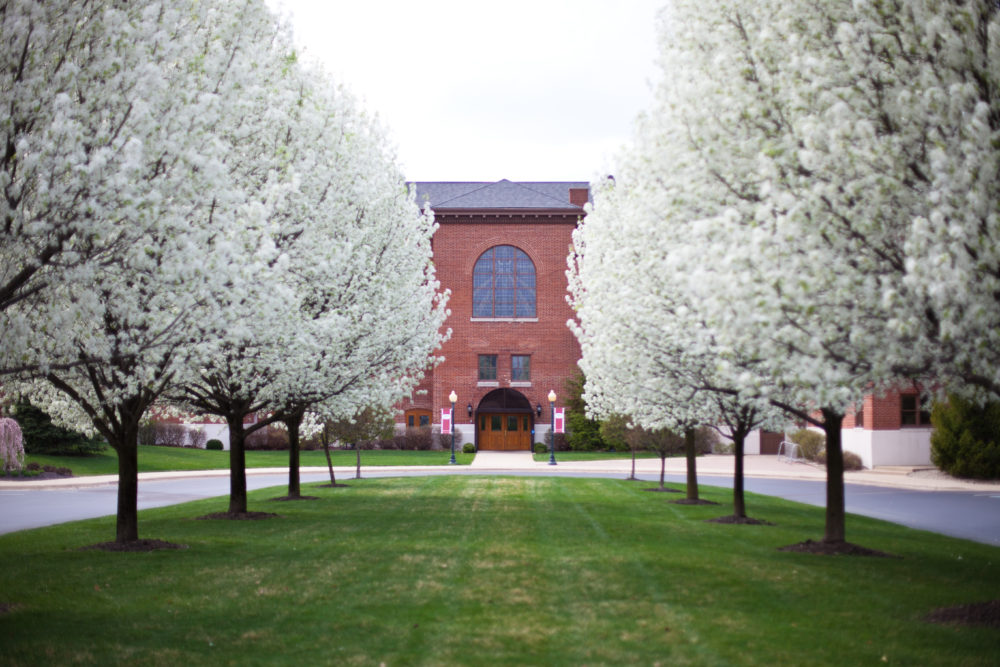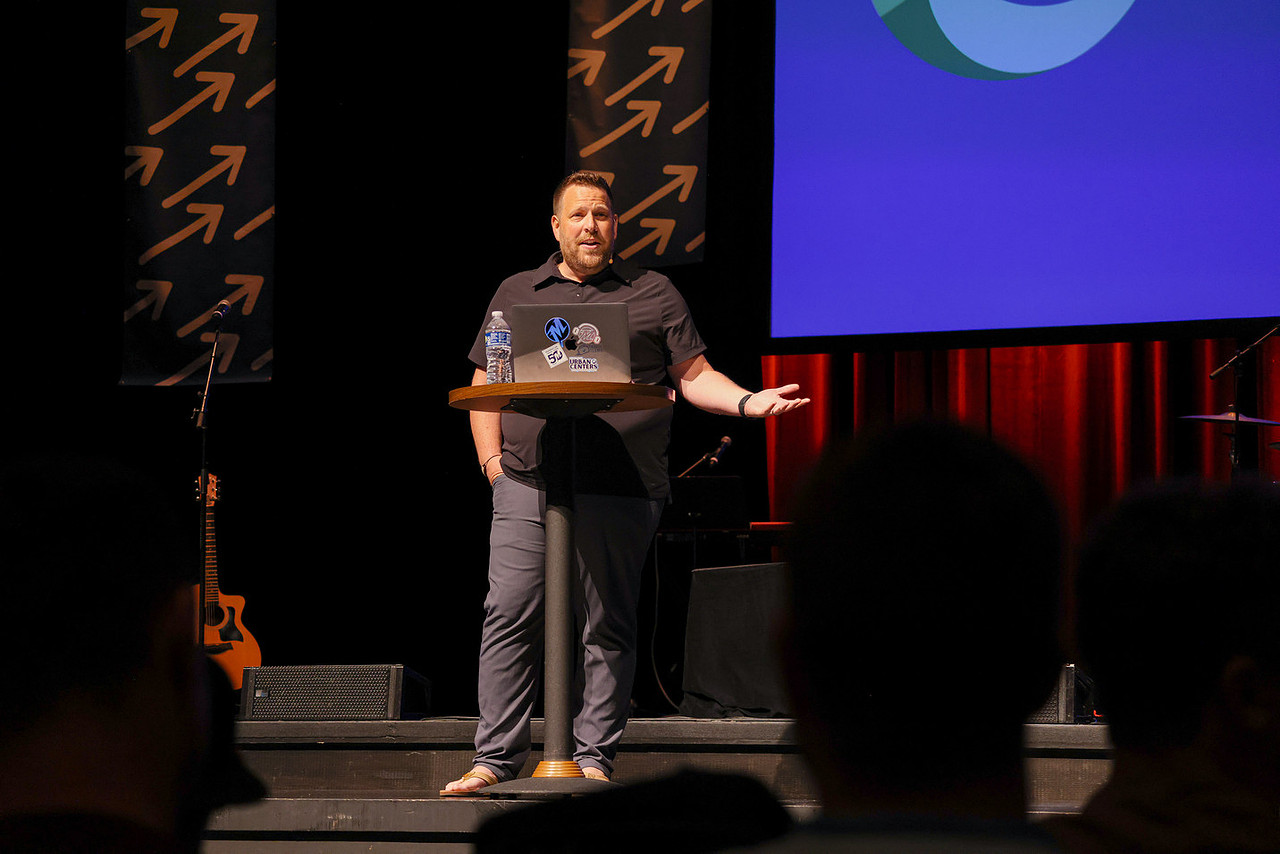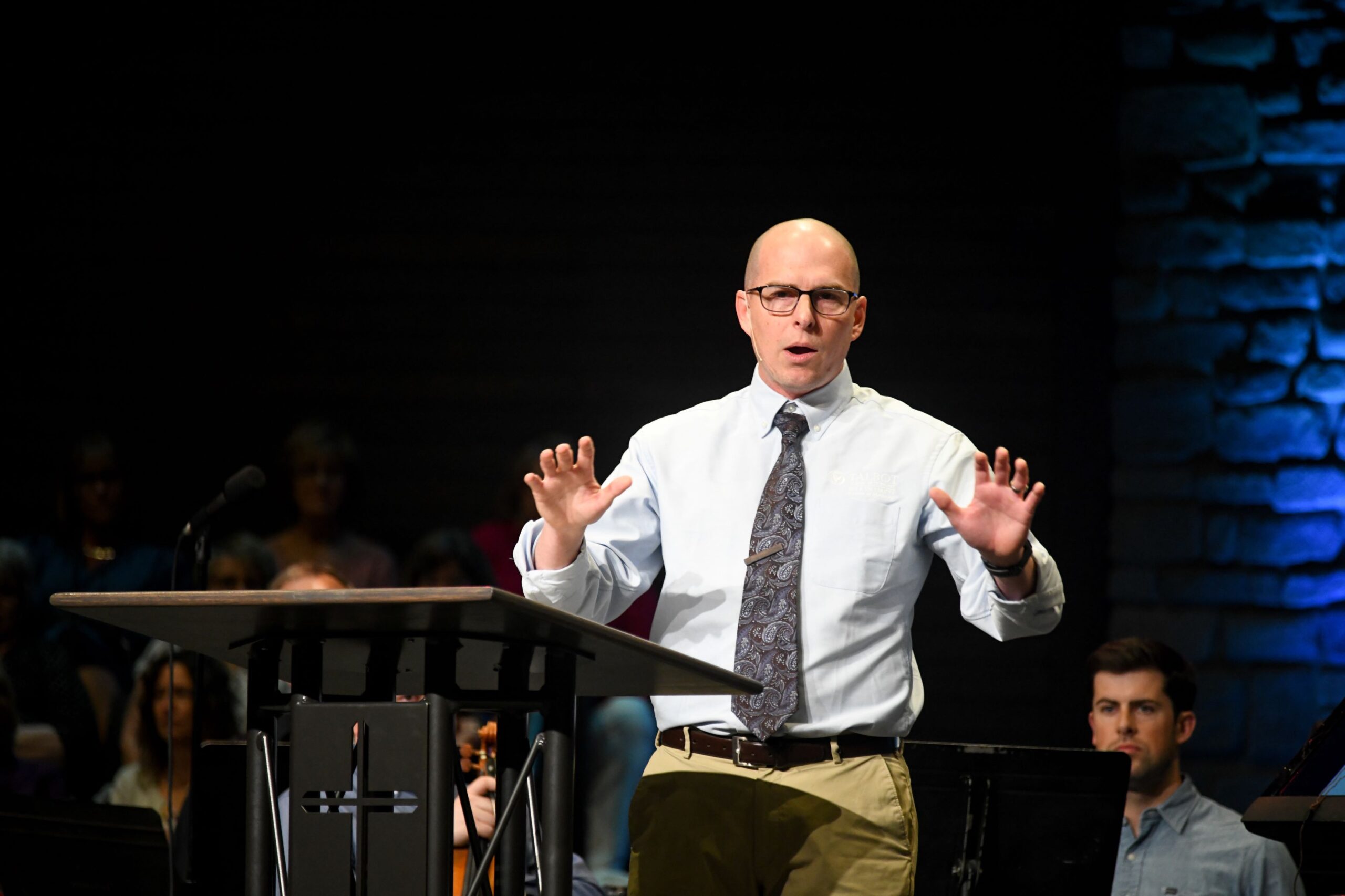May 6, 2021
A Theology of Ministry
Written By Grace Theological Seminary
Tagged With Preaching & Pastoring Ministry Dr. Freddy Cardoza

Ministry means serving in the function of a priest by offering up “spiritual sacrifices acceptable to God.”
Ministry. The Bible addresses this important theme several dozen times. The Old and New Testaments speak about it at length. Prominent individuals and groups are called ministers throughout Scripture. Clearly, God considers ministry a high priority. So should we. We discover what the theology of ministry is by looking to the Word of God, not by defining it ourselves. As the author of Scripture, God has the prerogative to tell us what ministry is. Because the Bible is inspired, its words have specific, inherent, and objective meanings.
Christian leaders are responsible for apprehending a biblical understanding of their faith. This includes the necessity of developing a strong theology of ministry. The lack of spiritual impact by many churches is undoubtedly related to confusion about the essence of biblical ministry, including ministry leadership. Those holding congregational positions must think theologically, and then communicate carefully to church members about Christian ministry. When we do, members will minister and ministries will grow.
All Christians are Ministers and Priests
The Bible describes all Christians as disciples, saints, and ministers (Matt. 28:18-20; Eph. 2:10; 4:12). All believers are also considered priests (1 Pet. 2:5). These truths have sometimes been lost on those who wrongly conclude that priests are only associated with Roman Catholicism or mainline denominations. Nothing could be further from the truth. While it is true there is no New Testament office of priest, there is certainly a priestly function.
Both ministry and priesthood are fundamentally about service. Ministry means serving in the function of a priest by offering up “spiritual sacrifices acceptable to God” (1 Pet. 2:5). A priest is a divine representative who serves as a bridge-builder between God and humanity. In the Old Testament, God assigned Moses’ brother Aaron and his sons to be priests (Ex. 28:1). This was called the Aaronic priesthood. That priesthood existed from the time of the Old Covenant until Christ became our High Priest in the New Covenant (Heb. 10:1-21).
In the New Testament, Jesus abolished the Aaronic priesthood. It was replaced by the “priesthood of all believers.” In this New Covenant-based priesthood, all believers are now priests. We serve under the Lord Jesus Christ, our High Priest (Heb. 4:14-16), and every Christian has the responsibility and privilege to minister in His name (1 Pet. 2:9-10).
All Pastors and Deacons Are Servant Leaders
Since all believers are priests, every Christian is a minister. Even so, every Christian is not a pastor, nor is every Christian a deacon. The roles of pastor or overseer (1 Tim. 3:1) and deacon (1 Tim. 3:10-13) represent the two offices of spiritual authority given in the local church. People approved by their congregation occupy these offices at the pleasure of the church and are charged with the responsibility of executing their respective duties (2 Tim. 4:1-4).
The detail provided by the apostle Paul in his letters regarding church leadership (the Pastoral Epistles of 1 and 2 Timothy and Titus) helps us understand the qualifications and responsibilities of each office. Pastors are to oversee the church through congregational equipping, preaching, teaching, shepherding, and exhorting (Eph. 4:11-13; Acts 20:28; 1 Tim. 5:17).
The responsibilities of deacons are more general. More is said about the character of deacons than is said about their duties (1 Tim. 3). The majority of scriptural teaching on diaconal leadership is related to modeling righteousness in Christian living. Modeling involves a personal ministry built on strong spiritual commitment, authentic Christian living, consistent moral character, and godly leadership in the home (1 Tim. 3:9-12). The second primary responsibility of deacons is their ongoing commitment to faithful service. Interestingly, all New Testament passages used to describe deacons have to do with some aspect of servanthood. As such, deacons minister by taking the responsibility to meet congregational needs wherever they exist.
Theology of Ministry: Service Rendered Unto the Lord
No theology of ministry would be complete without giving attention to the term ministry itself. The history of words is called etymology. The etymology of ministry is fascinating. In the Greek language used in the New Testament, the term always centers on acts of service to others. It sometimes carries the more powerful connotation of servitude or slavery to God. So ministry implies a sense of being duty-bound to work under God’s authority as His loyal servant.
By the time Latin became the world’s dominant language, the words service and ministry were nearly synonymous. Even so, a slight difference between the terms is sometimes identified. Whereas service is sometimes used to describe any form of paid or unpaid work done for the benefit of others, ministry always involves paid or unpaid work done unto the Lord (1 Cor. 9:12). That is why Jesus said that even a cold drink of water given “because he is a disciple” would receive a reward (Matt. 10:42).
An essential truth about the theology of ministry is that one’s motivation in doing it is crucial to how God views an act of ministry. Acts done for the wrong motives are rooted in pride and self-indulgent carnality (Gal. 5:13). Ministry, on the other hand, is always motivated by the glory of God and for the good of others (Eph. 2:10). In this way, any act of altruism becomes sacred when done for the cause of Christ.
Call to Action
Ministry is the responsibility of all Christians. Service to God and others in the name of Christ is non-negotiable. But members of our congregations need leaders to show them the way. They need to see church deacons as living, breathing models of ministry who serve with strong hands and warm hearts.
Do you feel prompted to take action and lead your congregation to ministry?
You can take your first step today by exploring which Grace Seminary degrees answer your unique call to ministry.
Freddy Cardoza
Freddy Cardoza, is the Dean of the School of Ministry Studies at Grace College and Vice President of Grace Theological Seminary. Freddy oversees the faithful execution of the mission and vision for the School of Ministry Studies. He is committed to advancing the Kingdom of God by expanding the size, reach, and impact of the school, faculty, staff, and the dynamic programs they offer. Freddy also serves as Professor of Christian Ministry and Leadership. In this capacity, he equips Christian leaders for ministry impact, and trains disciples to wield the Word of God and the power of God, for the glory of God.
Dr. Cardoza’s most recent scholarship includes the primary textbook entitled Christian Education: A Guide to the Foundations of Ministry (2019, Baker Academic).
Share
Tagged With Preaching & Pastoring Ministry Dr. Freddy Cardoza



